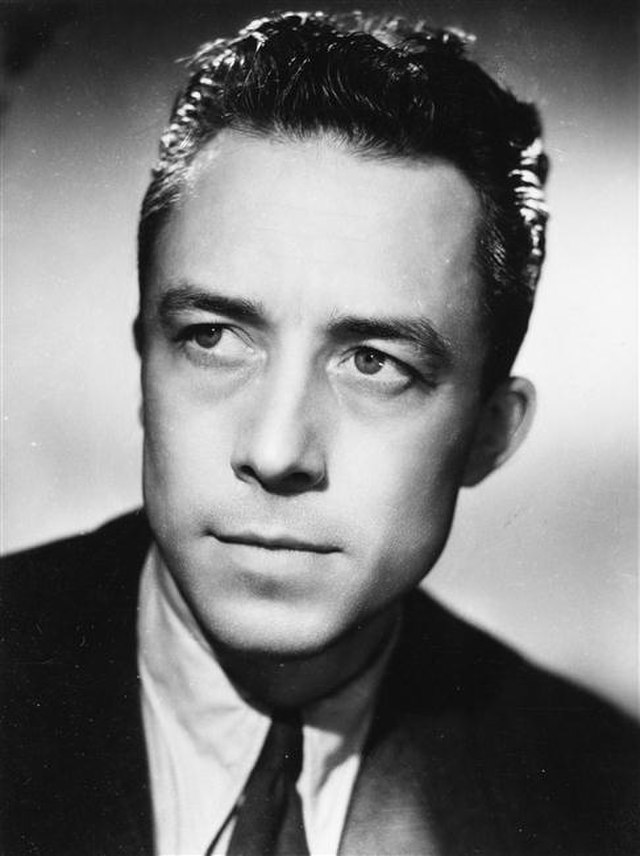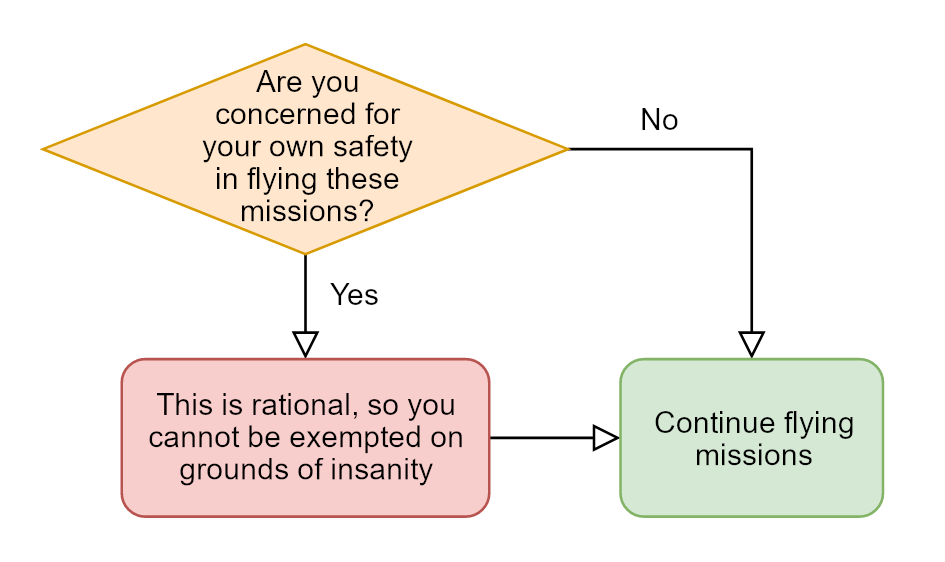The 10 best absurdist writers are Camus, Kōbō Abe, Stoppard, Beckett, Pinter, Albee, Ionesco, Kafka, Vonnegut, and Heller. Absurdism is a philosophy which has roots in the philosophy of Existentialism: both address questions related to the meaning of life. Where Existentialism offers modes of meaning, Absurdism proposes life is … absurd!

This is symbolized most famously by the Greek mythic figure of Sisyphus, who is condemned to push a boulder up a hill only to watch is roll down again, for all eternity.
Camus is the chief intellectual figure behind Absurdism, and he is the one who proposed that we must imagine that Sisyphus is actually happy while pushing his boulder.
He concluded that a lack of meaning does not necessitate a lack of enjoyment.
Existentialism and Absurdism both came to the fore in the wake of WW2, in which the human capacity for cruelness shocked civilized people, and forced a profound questioning of notions about human nature, and the meaning of life itself.
All varieties of creative writing may feature absurdist elements, but this philosophy has taken root particularly in the forms of fiction, and writing for the theatre.

The 5 Best Absurdist Playwrights of All Time
The best absurdist playwrights are Tom Stoppard, Samuel Beckett, Harold Pinter, Edward Albee, and Eugène Ionesco. Beckett’s work might be best known to you: Waiting For Godot has become so iconic that is has escaped or transcended any particular category to become a household favorite.
Like Beckett’s second most well known play Endgame, Waiting For Godot features characters who are struggling with the meaning of life.
They constantly reflect on the fact that life is difficult, and that their efforts are fruitless and meaningless.
They do however, hold out hope for a better future, a future that will be delivered to them by someone known as Godot.
Harold Pinter’s plays particularly address cruelty, and the unknowability of another’s motivations.
The Birthday Party and The Homecoming both feature dark comedy which has elicited the classification of theater of comic menace.
A hopeless despair arising from the relentless cruelty of others flavors Pinter’s work with an absurdist dimension.
Stoppard, whose family were forced to flee the Nazis, became the theatrical face of absurdist theater after the production of his play Rosencrantz and Guildenstern Are Dead.
The two titular characters are lifted from Shakespeare’s Hamlet.
In Shakespeare’s play, King Claudius exiles Hamlet to England, and instructs R and G to accompany him and provide the powers that be in England with a letter requesting that Hamlet be executed upon his arrival.
Hamlet finds this letter and alters it, instructing the English powers to execute R and G.
In the final moments of Hamlet an emissary from England arrives to announce that R and G are dead.
Seen from R and G’s point of view, the circumstance in which matters beyond their understanding result in them delivering a letter requesting their own demise is so utterly absurd as to bring into question that nature of human existence itself.
Edward Albee is regarded as having Americanized the Absurdist form in his body of work for the theater, for which he garnered three Pulitzer Prizes.

His play The Zoo Story particularly embodies Absurdist philosophies: when Jerry meets Peter on a park bench he forces him to listen to stories about his own life, before drawing a knife threateningly, forcing Peter to pick it up, and ultimately impaling himself on the blade while Peter clutches it: the whole affair drips with meaninglessness.
Eugène Ionesco was a French-Romanian playwright who was an early exponent of Absurdism, and whose play The Bald Soprano was one of the foundational works of the Absurdist theatrical movement.
This play begins with a couple inviting another round to visit: the classic stuff of domestic drama.
However, the lines uttered by the actors become increasingly meaningless, eventually leaving the realm of meaningful discourse altogether.
After a blackout, the play begins again for a short while, with one couple mouthing the lines of the other, until the final blackout … unsettling.
The 5 Best Absurdist Novelists of All Time
The best Absurdist novelists are Kōbō Abe, Franz Kafka, Albert Camus, Kurt Vonnegut, and Joseph Heller. It’s probably best to address Camus first, as he is regarded as the founder of Absurdist thought. His novel, or novella, The Stranger drips with the trademark absurdist search for meaning: a man mourns the loss of his mother, and goes on to kill another man in an action that he finds difficult to account for.

At his trial the character witnesses he calls work against him, as they highlight his detachment both from the passing of his mother, and the murder.
The work unsettles notions of agency and causation, leaving one disorientated as Absurdist work does.
Kōbō Abe’s novel The Woman in the Dunes generates similar disorientating affects, as a man is tricked by villagers into taking up residence in a home from which there is no escape.
Determined at first to find freedom, the gentleman finally decides there is no greater freedom inherent in a change of surroundings, and is declared missing or dead after a seven year period.
Franz Kafka is regarded as one of the leading writers whose work sits within the Absurdist / Existentialist realm.
In his novel, The Trial, Kafka explores the impact of nightmarishly complex and incomprehensible state bureaucracy on the individual, generating a crushing sense of alienation as the individual feels more and more disconnected from the world they inhabit.
Joseph Heller’s Catch-22 is the height of comic absurdity: this novel is so iconic that the title has become a household phrase, and is regularly used to refer to situations that are absurd and have no escape.
In order to be released from the armed forces on the grounds of insanity, an individual must request such a release. But anyone who requests to be released from the madness of war must be sane.
Therefore there is no release: absurd.

Kurt Vonnegut’s Slaughterhouse-Five recounts an allied soldier who is captured by the Nazis during WW2 and imprisoned in a slaughterhouse in Dresden.
The soldier survives the bombing of Dresden because much of the confinement area is beneath ground.
This novel is a potent anti-war document, that is dripping with Vonnegut’s trademark wit, and satire.
Conclusion
Amongst all absurdist writers, the following names are undoubtedly amongst the best: Camus, Kōbō Abe, Stoppard, Beckett, Pinter, Albee, Ionesco, Kafka, Vonnegut, and Heller. Wit, satire, menace and malaise form the background of these works: but we must not despair! For Sisyphus must be imagined happy, as he rolls his boulder.

